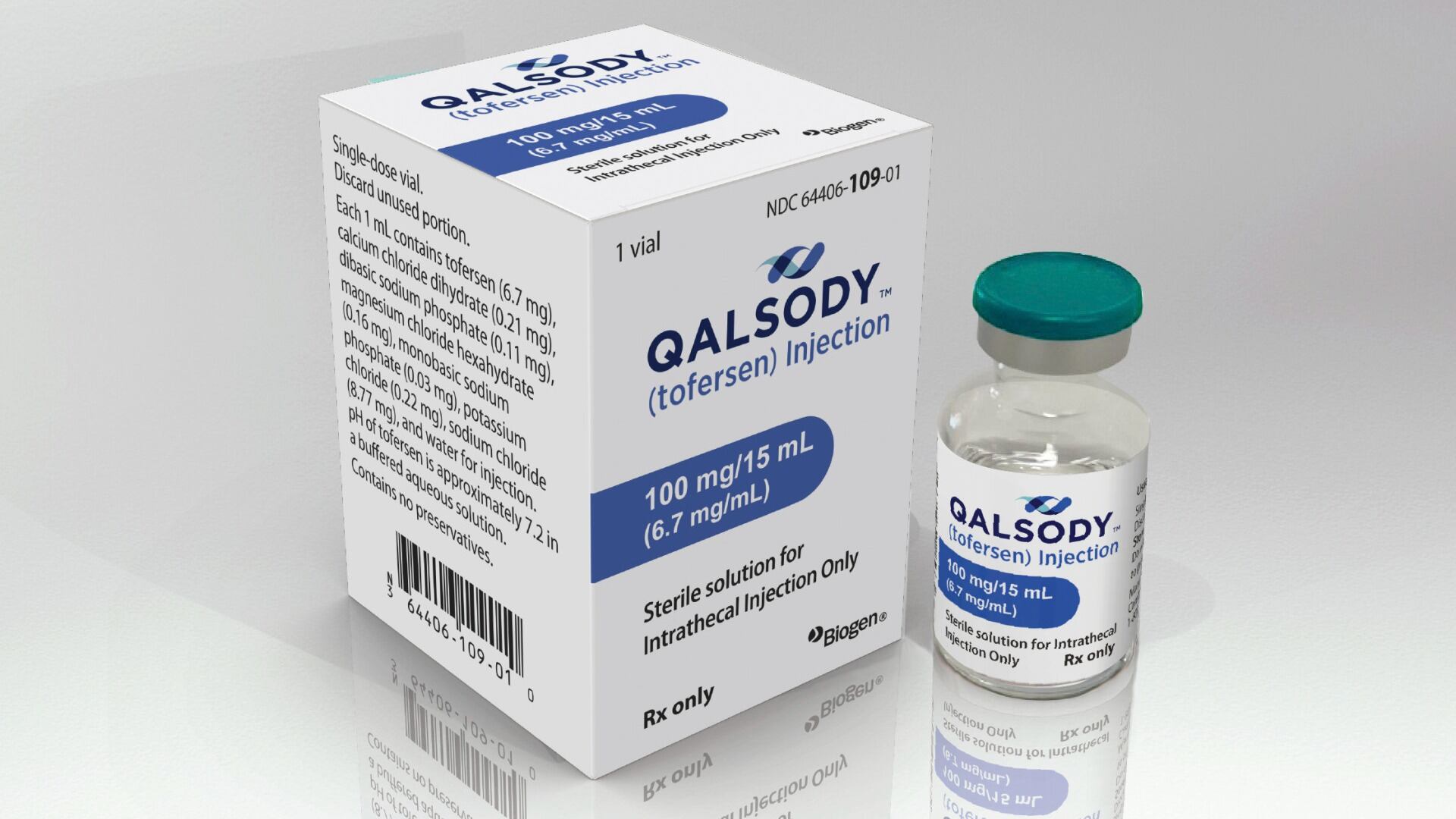The Environmental Protection Agency (EPA) is proposing the nation's first-ever drinking water standard around polyfluoroalkyl substances (PFAS) or "forever chemicals." The rule would establish legal enforceable limits for different types of chemicals common in drinking water.
“Communities across this country have suffered far too long from the ever-present threat of PFAS pollution," said EPA Administrator Michael S. Regan in a news release. "Through this action, the [EPA] is taking a major step to protect public health from PFAS pollution, leveraging the latest science and complementing state efforts to limit PFAS by proposing to establish legally enforceable levels for six PFAS known to occur in drinking water."
The agency recently designated PFAS as hazardous substances under the Clean Water Act. This new rule puts in place specific limits on how much of a given chemical is safe for consumption, and then mandates public water authorities to monitor for their presence and address contamination where it occurs.
Sen. Jeanne Shaheen (D-N.H.) noted that $10 billion from the Inflation Reduction Act will go toward combating contamination by forever chemicals.
"These dollars will be crucial in providing our municipalities with the resources they will need to comply with these new regulations so that together we can prioritize clean water for our communities," she said.
Environmental activist and actor Mark Ruffalo also championed the new rule.
"My message to polluters is simple: after poisoning your workers and neighbors for decades, it is time to make our public health, not your profits, our top priority," he said. "My message to communities devastated by PFAS pollution is equally simple: help is finally on the way.”
Melissa Whitely, personal trainer for Life Time Fitness, spoke with Cheddar News about the importance of recovery following a tense workout session. "If we're not going through the proper recovery methods, we can have undue pain, discomfort, tightness in our muscles and all those other things we can avoid," she said.
Dr. Payel Gupta, medical director of allergy, asthma, immunology & ENT for LifeMD.com, joined Cheddar News to discuss some tips on how to cope with allergy season. "With the warmer temperatures, we're seeing that the seasons arrive sooner and actually last longer, and also the elevated CO2 levels actually cause the plants to release more pollen," she said.
A new survey from the National Council for Mental Wellbeing shows that four in five behavioral health workers were concerned that labor shortages in their field “negatively impact society as a whole.”
Food and Drug Administration regulators on Tuesday approved a first-of-a-kind drug for a rare form of Lou Gehrig’s disease, though they are requiring further research to confirm it truly helps patients.
How Accelerated Glacier Melting Is Impacting Rising Sea Levels
A Japanese company's attempt to land a spacecraft on the moon has apparently failed. Flight controllers lost contact Wednesday with the lander after it descended from lunar orbit, aiming for the dusty surface.
A bird strike sparked an engine fire on a plane shortly after takeoff from an Ohio airport on Sunday.
The Supreme Court on Friday preserved women’s access to a drug used in the most common method of abortion, rejecting lower-court restrictions while a lawsuit continues.
Buick's Global Vice President Talks Development of 'Envista,' Gas-Powered Cars
Peter Krull, a partner and director of sustainable investing at Prime Capital Investment Advisors company Earth Equity Advisors, joined Cheddar News to give some tips on green investments.












